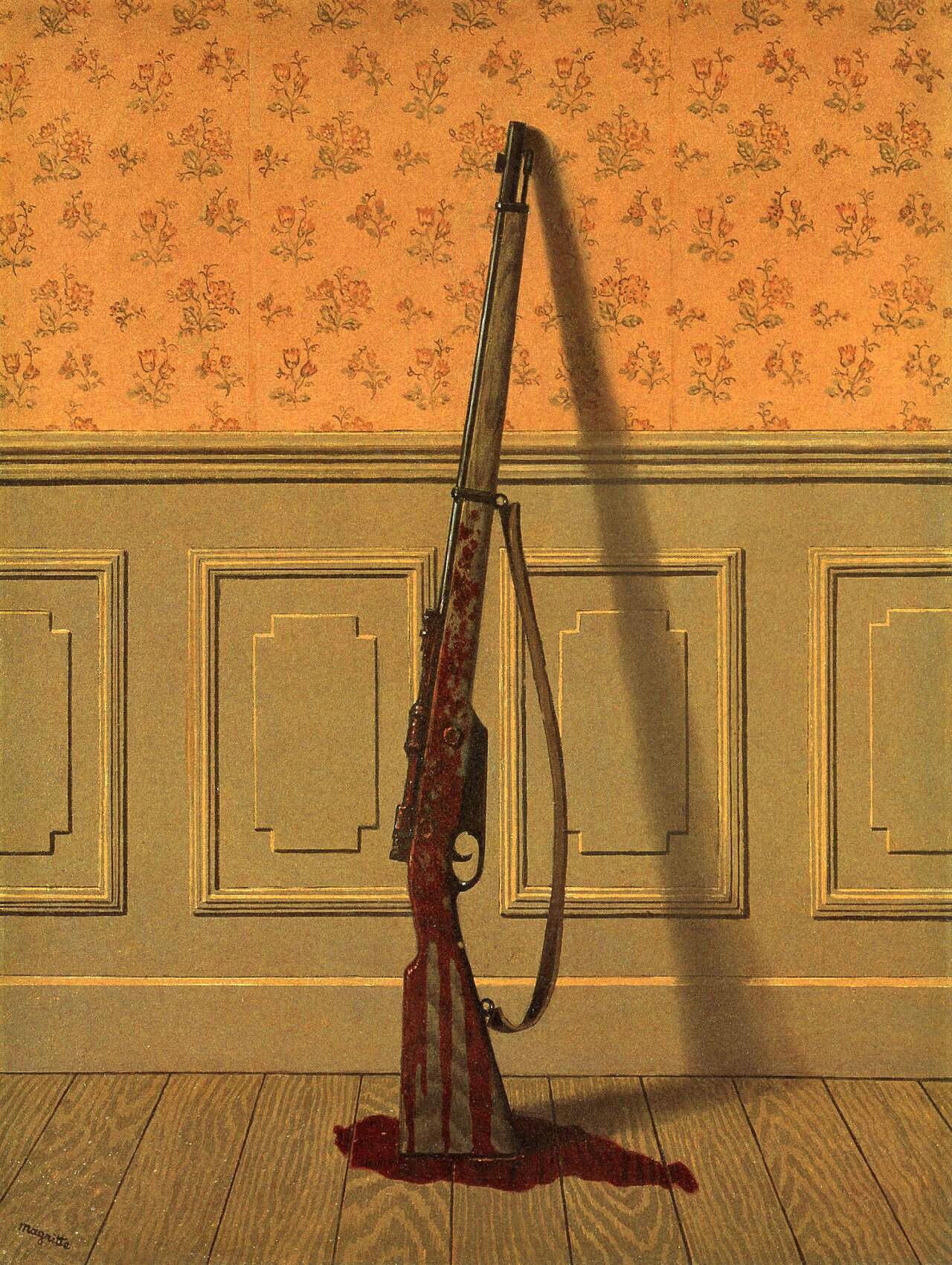2024-09-03
This shows the number of weeks you have left on average to life (or perhaps a bit optimistically). Each row represents a year, and each column represents a week. Sometimes life seems so short, and at other times, so long. Are you making the most of your weeks? They are precious.
I would say there are two options of what you can do with you weeks.
Enjoying your weeks can be good, but what's not good is if you’re screwing up your future weeks by doing that. At the same time, if you are using your weeks after weeks to build something for the future, but it is not making you happy either, and it’s for the long term, it’s not great either. The worst thing is to do neither #1 nor #2. This can happen for several reasons, such as too little courage, self-discipline, or any other reason. When neither happens, you become depressed, frustrated, and so on. Try to minimize your neither weeks. The best option would be to balance option one and two.
To not get stuck in neither land, you need to be constantly reflecting on yourself and have self-awareness. Don't go unconscious and waste precious weeks.
I recently talked about getting older with a friend and we both agreed that from now on getting older will feel faster. But does it have to be that way? I dont know?
"Nothing in this world is free... Just remember everything comes with a price" - Gabriela Barnard
Everything comes with opportunity cost; this isn’t just one decision. It’s your whole calendar. How you are spending your weeks as well comes with a cost. You have to notice that not all weeks are equal. Your first weeks you won’t remember; you don’t graduate college until week 950 to taste real freedom, and so on.
You won't get time back. Spend 3 hours being on Instagram, oops, you will never get it back. Everybody is always trying to optimize how they are spending their money and will nibble around, but no one will do the same thing with their time.
----
We don't waste time by making the wrong decisions. We waste time by falling victim to routine and not making any decisions. We see this happen two ways:
Tell me if this sounds familiar:
Wake up at 7:30. Roll out of bed, log on your computer at 8:00. Sit around in your sweatpants, make some coffee. Work for thirty minutes, then mindlessly scroll through social media. Maybe you eat some leftovers for lunch. Maybe you pick something up. Back to the computer til five. Then you hit the gym. Come home and shower. Watch football/The Bachelor/Game of Thrones/whatever. Then you make dinner and go to sleep, because it was a long day!
That was my life for a year or so. It has been many of your lives too. And it's easy to fall into this trap of passive routine. You're doing your job, after all. You're doing what you are supposed to do. So you continue to coast on autopilot. Day after day. How many of those dots can you color in with weeks like that? 20? 50? 100? There's no telling.
That's the danger of an apathetic life, life will pass you by before you realize it.
Imagine getting $10,000 every Sunday, but you can't bring any of the money with you to the next week. Surely you wouldn't waste it, right? You would spend every last cent on whatever you want.
You had a 4.0 in college and landed a great job out of school. You got accepted to a top MBA program. Your goal is to follow the American Dream: Resume filler job that pays well in your early 20s, top MBA, consulting/IB for two years in your mid-late 20s, pivot to private equity around 30, make as much money as possible. The road map to success.
The roadmap to success is like a weird game of Corporate Candy Land.
I was on the road map to success for a while. The problem was that I never asked myself if I liked playing this game in the first place.
I mean yeah, I would have a made a lot of money playing this game. Hell, I probably could have won the game. But was this a game worth winning?
Here's how this game would have gone: Post-MBA, I would have made a ton of money working 90 hours a week for an investment bank/consulting firm. It's not like I would have any time to actually spend that money. But if I did the tedious tasks long enough, I would get promoted to a position where I would work slightly less hours, doing slightly less tedious stuff, and make more money.
Sure, I probably still wouldn't enjoy the work. But I never cared about enjoyment, fulfillment, or any other irrelevant metric, because those weren't the objectives of the game.
Money. Power. Prestige.
Those were the objectives. I just wanted to win the game. Opportunity cost be damned.
Yeah, I might be miserable. But at least I'd be rich. And people would know it.
Hustle and apathy are two sides of the same coin.
You are either too disinterested to pursue what you want out of life, or too vain to realize you are pursuing short-lived things.
And the opportunity cost of both? Your life.
The thing about life is that you don't get a do over. You don't get to go back. You don't get to reach the mountain top, realize that you can't hold on to those fleeting feelings of success, and try to reset your life. Because those dots in your calendar can't be erased.
----
I would define hustle as misguided ambition which can be driven by external influences getting you on the wrong way. Apathy on the other hand is a lack of ambition which results in not doing anything at all.
Jack Raines defines a apathhetic life as follows:
You take an “email job” out of college and spend the next few years getting pretty good at moving around numbers in spreadsheets and logos on PowerPoints. You spend something like 30% of the work day working, and 70% of it zoned out, available to work, of course, while the day passes you by. Your Slack icon is active, though you likely aren’t.
You do this for a few years, then, assuming you hit a few KPIs, you get promoted, and you manage a few folks doing the same tasks you just graduated from. Maybe you switch jobs after five years, where you’ll move slightly different numbers around on slightly different spreadsheets, but nothing really changes. Life becomes a spectator sport where you trade time spent idling on autopilot for a decent paycheck, because your current situation is “good enough.”
The point of live is not to be a spectator its to life.
"Dude i feel embarassed about myself too, it is called being alive" - Peter Levels
"This generation doesn’t want to work anymore." From my experience, there are a lot of people who want to work (there are, of course, also those who don’t), but the problem is that most of the jobs offered to these younger generations straight out of college are most of the time spreadsheet-heavy, PowerPoint designing, buzzword-heavy jobs. You are simply doing some stuff, moving some numbers, and staying busy with no real productivity, while the job would still get done without you in the process. As Jack Raines said, these jobs are 'distractions at best, and adult daycare at worst.' Most of these jobs exist due to prestige. Just look at all the titles in companies—'Yes, I’m senior this and that.' Now, adjusting what you do to your output instead of your title, you will see what actually results.
At some point, if you are just doing what is asked of you as well as keeping a pleasant relationship with your coworkers, inertia will take over. While your ancestors were in constant danger, you are now at risk of doing a whole lot of nothing.
In a couple of weeks, I will start a small internship (I would not even call it that) of two weeks, where I will go through some departments of a big company.
Let's see if it is as described (at least some parts) or if I’m just delusional.
I'm halfway through Viktor Frankl's book *Man's Search for Meaning,* which is a really good read (started it 3 days ago).

One quote from Fyodor Dostoevsky is what keeps me thinking and researching
"There is only one thing that I dread: not to be worthy of my sufferings" - Fyodor Dostoevsky

Pain and suffering are also inherent parts of being human. The point isn’t that life is all bad, but that suffering is inevitable. There are times when you’ll feel tired, get ill, or feel depressed. Your loved ones will die. You’ll break up with partners and experience heartache. You’ll feel lost in your career.- Mike Mantell
The inevitable blow will happen, how will you show up in the face of suffering?
It's easy to be virtuous when life is easy, but when it's hard, that's the real test. Dostoevsky sees these periods as a gift, an opportunity to prove something to yourself and be worthy of your suffering.
This creates meaning in your life: "To live is to suffer, to survive is to find meaning in the suffering. If there is a purpose in life at all, there must be a purpose in suffering and in dying. But no man can tell another what this purpose is. Each must find out for himself, and must accept the responsibility that his answer prescribes." - Man's Search for Meaning
This is a really stoic way of going about life, basically taking everything as "God" sends it your way.
"The way in which a man accepts his fate and all the suffering it entails, the way in which he takes up his cross, gives him ample opportunity—even under the most difficult circumstances—to add a deeper meaning to his life. He may remain brave, dignified, and unselfish. Or, in the bitter fight for self-preservation, he may forget his human dignity and become no more than an animal. Here lies the chance for a man either to make use of or to forgo the opportunities of attaining the moral values that a difficult situation may afford him. And this decides whether he is worthy of his sufferings or not." - Man's Search for Meaning
In his book, Viktor Frankl talks a lot about the hardship of the KZ prisoners and how many of them fell victim to not having a meaning, but there were a few, he said, who were able to reach a spiritual level where nothing could bother them anymore.
"When a man finds that it is his destiny to suffer, he will have to accept his suffering as his task; his single and unique task. He will have to acknowledge the fact that even in suffering he is unique and alone in the universe. No one can relieve him of his suffering or suffer in his place. His unique opportunity lies in the way in which he bears his burden." - Man's Search for Meaning
If we go to Charlie Munger, I can remember one of his models called "Soldiering On" about which he talked. When one of Charlie's sons was 9, he was diagnosed with leukemia and died shortly after. Charlie would visit him every day at the hospital and then walk the streets crying, every day. At the same time, he and his wife divorced. In an interview, he said that it never got easier and you can cry, but you should never quit or fall into self-pity, which is one of the worst things.
If life inevitable reverses you just need to soilder on, charlie munger did it for seven decades after the loss of this son.
"Emotion, which is suffering, ceases to be suffering as soon as we form a clear and precise picture of it." - Spinoza
"He who has a why to live can bear with almost any how" - Friedrich Nietzsche
Thanks,
Finn
